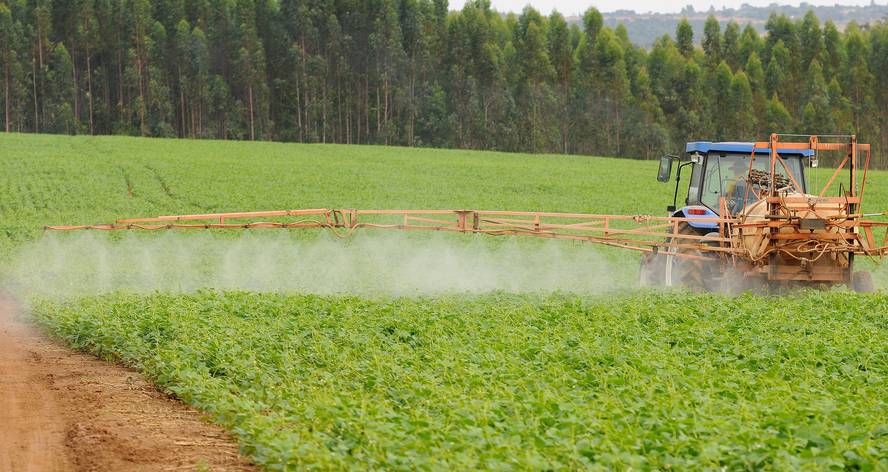The increase in cases of childhood leukemia in Brazil could be related to pesticides
A study reveals that cases of childhood leukemia have increased with the increased use of pesticides in Brazil. The research has not studied any causal relationship, but they have observed that the population is exposed to pesticides through water supply. The work has been published in the journal PNAS.
In recent decades, Brazil has become the world’s leading soybean producer, along with the most dangerous pesticides it uses. In the Cerrado region, soy production has tripled in the last two decades, while in the Amazon region it has multiplied by 20. The use of pesticides has increased three to ten times in this period.
This study analyzed data on health, land use, surface water status and 15-year demographic data. There is a significant increase in cases of leukaemia in children. And they estimate that about 50 percent of children under 10 who died leukemia between 2008 and 2019 could be affected by pesticides.
Researchers have stressed the importance of striking a balance between the economic momentum of intensive agriculture and public health, and the need for stricter regulation of pesticides as in other countries to ensure safe and sustainable agricultural practices.






